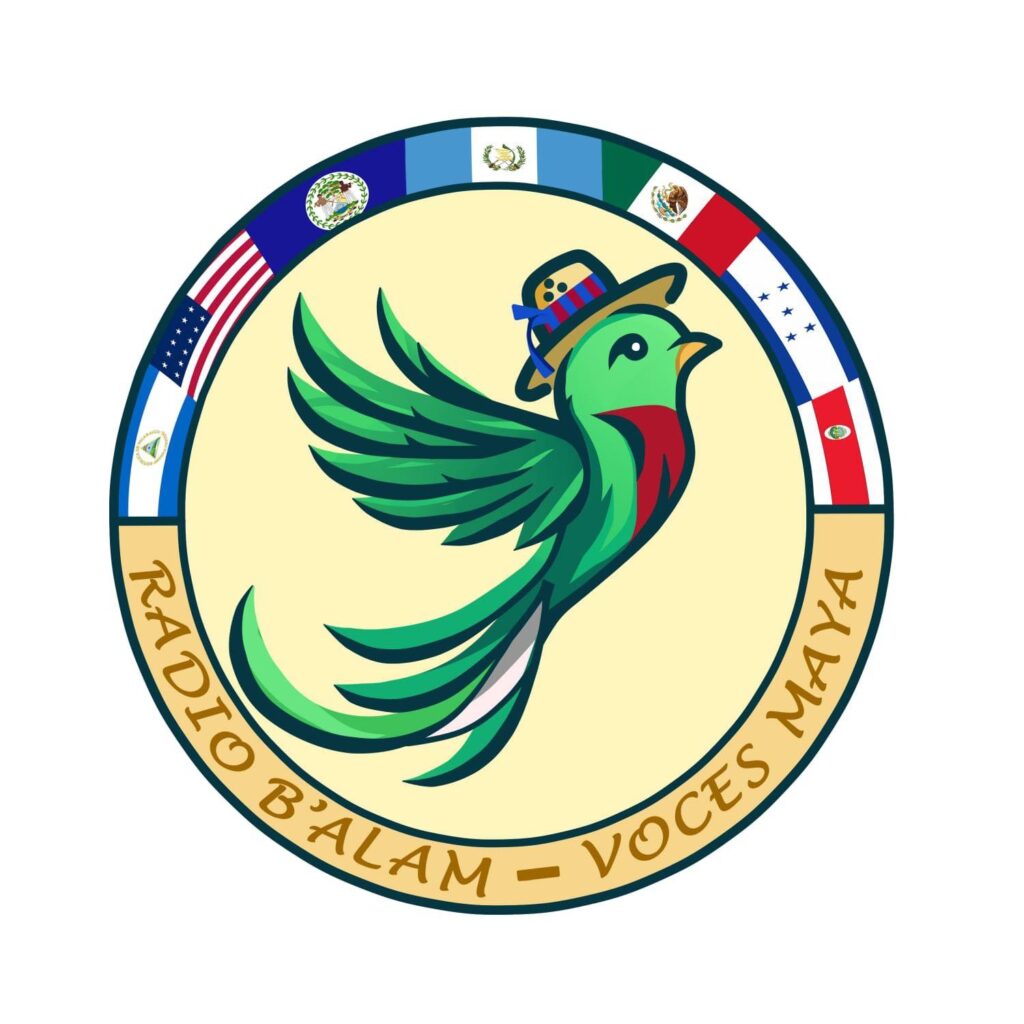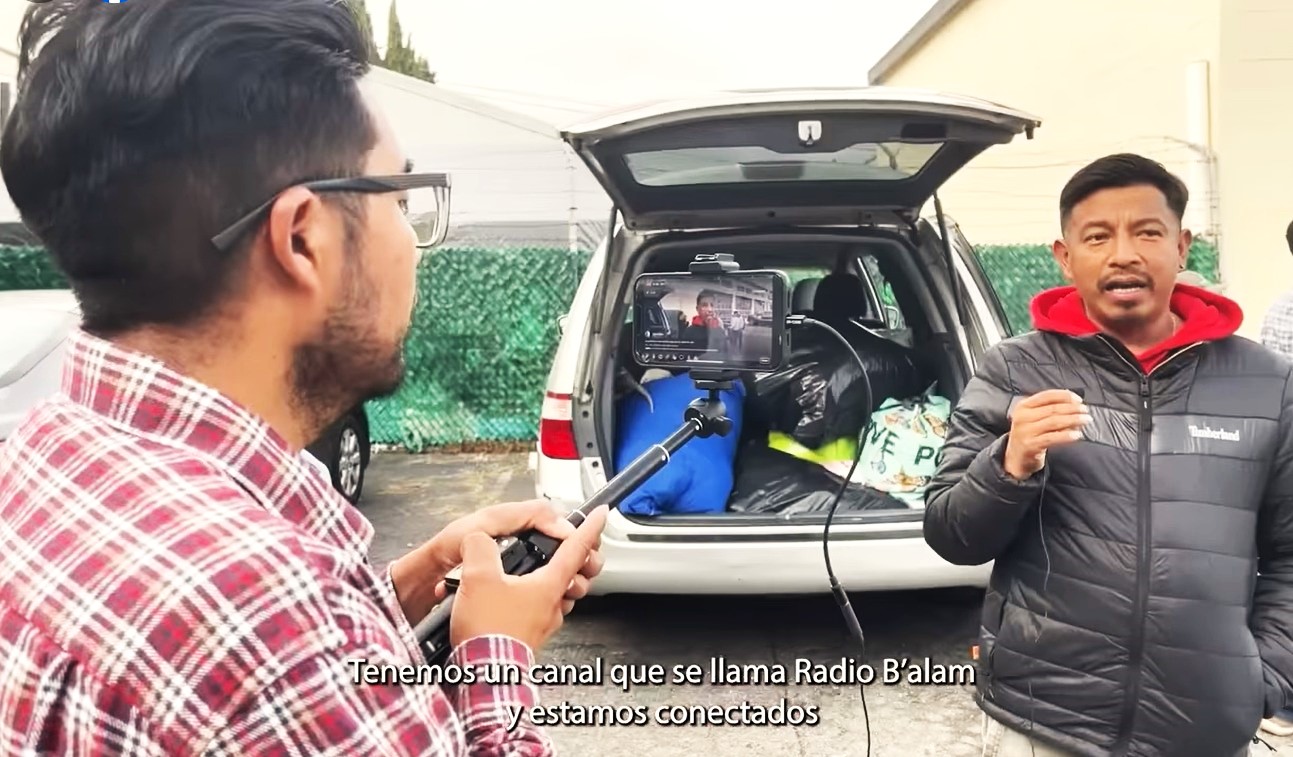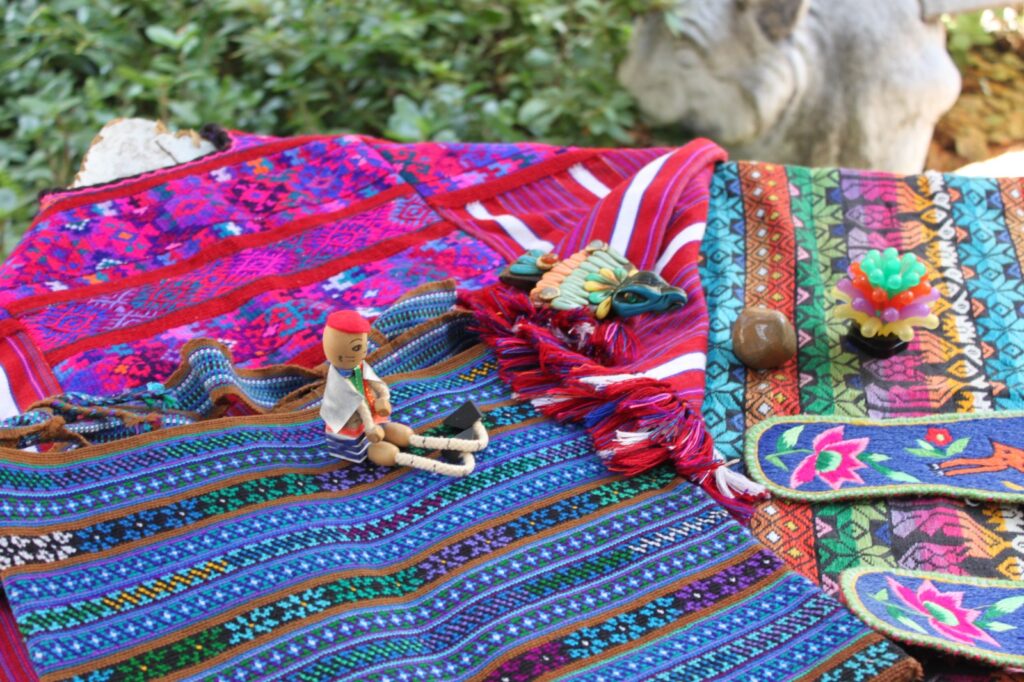By Yuki Fujita | The Contrapuntal
In the vibrant neighbourhoods of Oakland, a community of indigenous Mam people has found a new home to overcome the adversities they face in the United States.
Originating from the western highlands of Guatemala, the Mam peoples’ journey to the US in pursuit for a better life has been marred by discrimination, economic disparities, and isolation.
Amidst these challenges, the Mam community in Oakland have discovered a lifeline in the form of “Radio B’alam – Voces Maya,” a community-led radio station that has become a beacon of hope and support.
Founded by individuals like Crecencio Ramirez, who himself navigated the hardships of migration as a young teenager, the radio station has evolved into a vital resource for the Mam community, offering not only information but also a sense of connection and empowerment.
Mam people in Oakland
The Mam people constitute a distinct indigenous subgroup within the larger Maya Nation, inhabiting the mountainous areas of the western Sierra Madre regions in the southwestern part of Chiapas and the northwestern reaches of Guatemala.
Fleeing civil wars in the 1980s, many Mam people sought refuge abroad. Since then, anti-indigenous discrimination, economic inequality, and agricultural devastation caused by climate disasters have further fueled migration first to Mexico, then to the U.S.
In 2016, the US Department of Justice reported that Mam was among the top 10 languages used in immigration court. Over the past decades, neighbourhoods in Oakland have become home to one of the largest Mam communities in the US with an estimated 15,000 Mam speakers.
“People at the border asked me if I had a place to go. Oakland came to mind because I had heard that people from Todos Santos go to Oakland,” Crecencio, co-founder of “Radio B’alam – Voces Maya” said of when he first came to this country alone as a young teenager.
Migration networks, including “coyote systems” – smugglers who facilitate border crossing, play a significant role in directing Mam migration to California, from providing an initial plan, to preparing journeys, to support the establishment of a new life.
However, Mam people continue to confront hardships in the US, such as discrimination at the workplace and school, linguistic barriers, financial struggles, and isolation, leading to a loss of cultural pride. Upon migrating to the US, Mam people are often seen as “Latinx” people – a controversial term used to describe people who have a Latin American and Caribbean ancestry or descent.
“As a young Mam woman growing up in Oakland, my mother and I went through a lot of discrimination. I saw how scared my mom was to even speak Mam or ask for help – people would stare and laugh at us,” recalled Esmeralda Mendoza, co-founder of Radio B’alam-Voces Maya.
Indigenous immigrants tend to hide their identities, whispering while speaking Mam and not wearing traditional clothes to feel more “accepted” in American society. Many Mam people are so used to discrimination that they often accept it as “normal,” and may not be aware of mental health support that could help to heal from the trauma they have experienced.
COVID-19 and genesis of the project
When the COVID-19 pandemic struck in 2020, the Mam community faced heightened isolation and uncertainty, with many losing their income amid mounting bills and health risks. Language barriers, lack of information and limited access to support services exacerbated these challenges.
Most Mam people did not have access to accurate information about treatment, relief programs or vaccines, amid heightened misinformation. There was little information and limited support services available in Mam or other indigenous languages.

Many Mam people do not speak English or Spanish, and many could not attend school to learn to read. The trauma that these people had been through back in Guatemala and on their journey to the U.S., as well as ongoing fears of deportation, made it difficult, if not impossible, to speak up or access services.
“When we first arrived in the US, we did not know our rights; we did not know how to protect our health or where to begin to look for help. We suffered exploitation due to this lack of information,” said Cathy Mendoza, Radio B’alam – Voces Maya leadership team member.
Recognizing these challenges exacerbated by the pandemic heightened the urgency of establishing a platform that could bridge these gaps.
Radio B’alam – Voces Maya: a beacon of hope
Like many other indigenous languages, Mam is an oral tradition and does not have a standard written language. Crecencio, with other young community leaders, came up with the idea of speaking to Mam people directly in Mam through Facebook Live.
The team launched Radio B’alam – the first community-led, internet-based radio station dedicated to serving Oakland’s Mam-speaking people. They made their debut in December 2020 and started providing information about COVID-19 vaccines, testing, virtual schooling and free food distribution in their native language.
The team behind Radio B’alam – in collaboration with various community-led organizations, health clinics, state agencies and foundations – institutionalized programs that addressed the specific needs of the Mam community.
The station’s weekly talk shows became a platform for experts to discuss topics such as healthcare support, legal services, rights, and community resources to increase awareness and understanding about navigating U.S. systems.
The team also livestreams community news from Guatemala and information about Mam cultural events such as dance parties, weddings, funerals and graduation ceremonies to share these moments with their families and friends in the U.S. or in Guatemala, reminding them of beautiful culture and language and increasing cultural pride and solidarity.
“Now a citizen, I am still and always an immigrant. When I see newcomers, I want to help them because I see my past in them. It has always been a pleasure to help people in my community access education and support because it is a win for the whole community and beyond,” said Crecencio.
Earning trust in the community
What started as a volunteer-based initiative has grown into a community force, attracting over 54,000 followers.
Beyond being an information hub, Radio B’alam has become a network that fosters connection and support. The Mam community now has a reliable source of information and assistance, as evidenced by a prestigious Ethnic Media Award bestowed upon the radio station in 2023 for its outstanding social media coverage within the Mam community.
“Before Radio B’alam started its programs, we had nowhere to get information. But now, we know who we can trust and where to ask for help,” shared a listener.
As Radio B’alam grows, more people recognize the Mam community and understand how much they have suffered. More organizations now recognize the importance of integrating the Mam language and culture into their services.
Esmeralda emphasised, “I do not want to be that person who hides that we are Mam. I want to help Mam people to have access to the information and tools we need to be change agents in our own communities and the broader society.”
For Crecencio and others in the Mam community, the aim of Radio B’alam is to build a home where pride in their culture prevails, dispelling fear and embracing a future filled with strength and unity.
“We want our kids to feel that this is their home. We are not scared anymore. We are proud of our culture and see our community growing stronger. We see ourselves on every street corner, and it feels like home,” Crecencio said.
This resource is supported in whole or in part by funding provided by the State of California, administered by the California State Library in partnership with the California Department of Social Services and the California Commission on Asian and Pacific Islander American Affairs as part of the Stop the Hate program. To report a hate incident or hate crime and get support, go to CA vs Hate.






